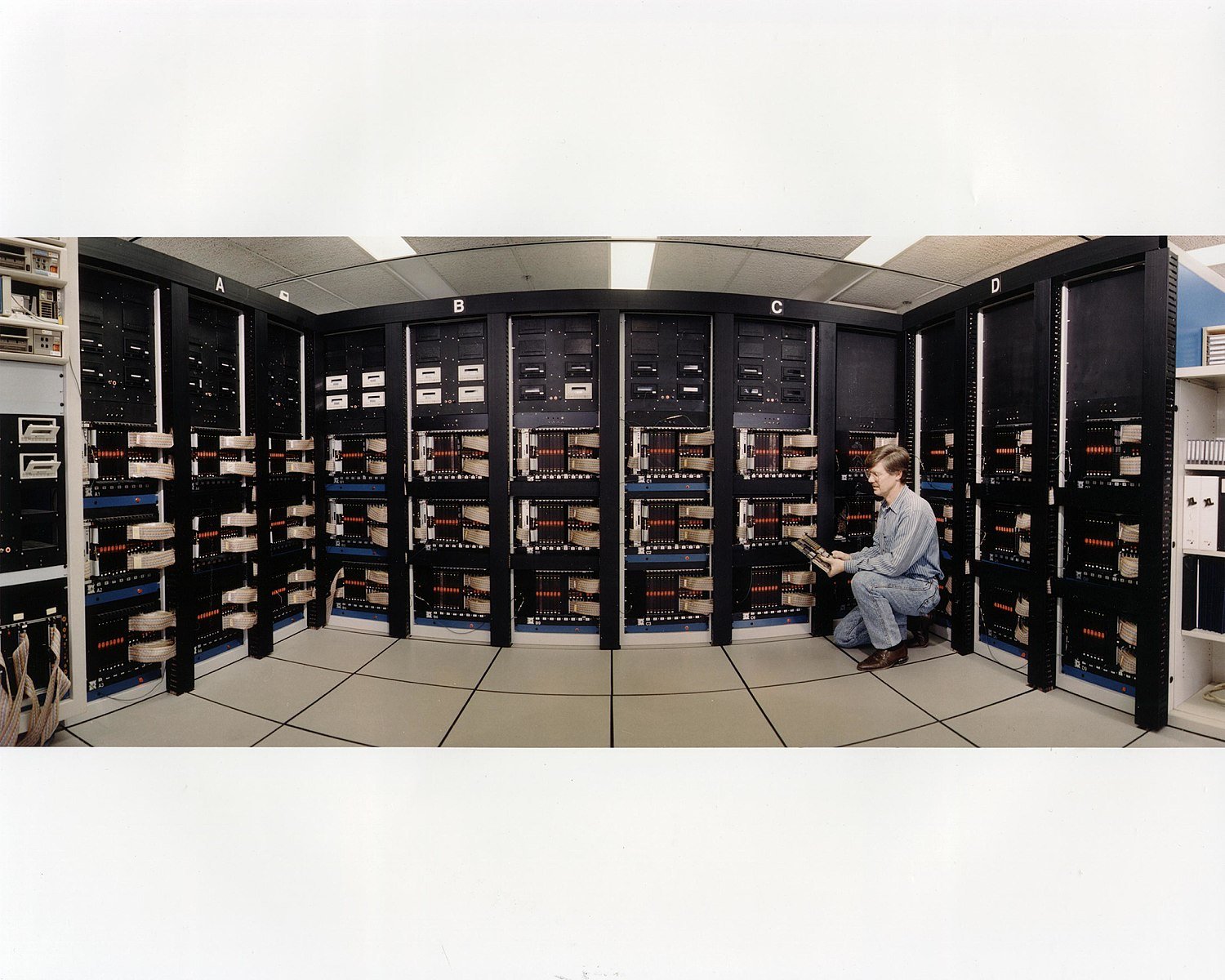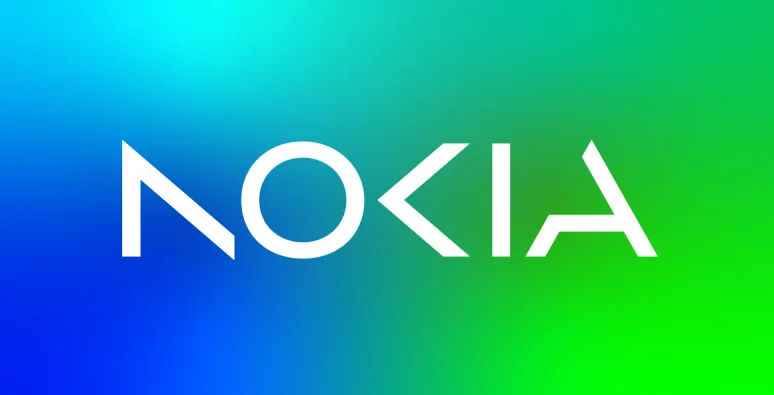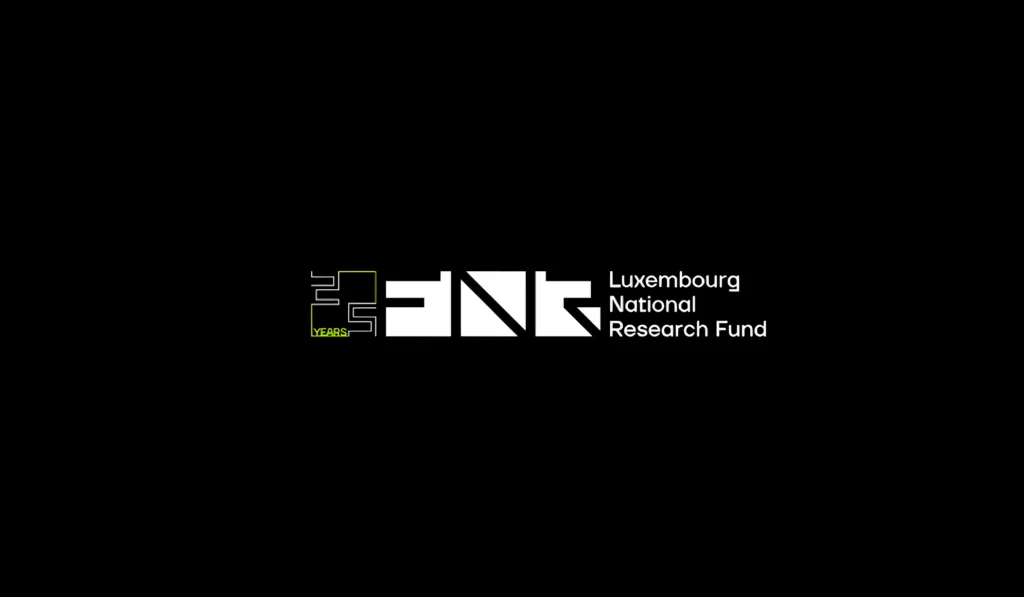The nation’s premier particle physics laboratory has become a major player in the rapidly expanding field of quantum science and technology.
Today the U.S. Department of Energy’s Fermi National Accelerator Laboratory announced the launch of the Fermilab Quantum Institute, which will bring all of the lab’s quantum science projects under one umbrella. This new enterprise signals Fermilab’s commitment to this burgeoning field, working alongside scientific institutions and industry partners from around the world.
For more than 50 years, Fermilab has been at the forefront of particle physics and accelerator technology. The laboratory’s scientists and engineers have used their scientific and technological expertise to probe the mysteries of the universe, discovering three of the fundamental particles that make up everything and uncovering new insights about matter, energy, space and time at the smallest scales.
“It’s exactly that expertise that uniquely positions Fermilab to be a leader in the quantum science field,” said Joseph Lykken, Fermilab’s deputy director for research and head of the Fermilab Quantum Institute. “Solutions to problems we have encountered in our particle physics work are applicable to quantum science as well, and we are already implementing those solutions in several areas, with great results.”

Those areas, as laid out on Fermilab’s new Quantum Institute website, include:
- Using technology developed for superconducting particle accelerators to vastly improve qubit systems, including those used for future quantum computers.
- Developing ways to convey information across large distances with entangled particles.
- Improving quantum sensors for many applications and deploying them to potentially detect dark matter and give us new insights into the universe.
- Writing algorithms that can simulate subatomic interactions on quantum computers, with many other uses outside of physics.
- Developing methods to use quantum computing to improve data analysis and theoretical calculations.
“We’re building on decades of world-class expertise in quantum physics, sensor development, particle accelerator science and high-performance computing, bringing it all together to create this one-of-a-kind institute,” said Alexander Romanenko, head of quantum technology at Fermilab. “We’re taking on many of the leading challenges in quantum science, which is reflected in the breadth of our programs.”
The Fermilab Quantum Institute will enable the laboratory to bring all of its quantum projects together and to attract new people and new ideas. Scientists and engineers at Fermilab already work with companies and institutions at the vanguard of quantum research, and the Quantum Institute will only strengthen the laboratory’s support of those partnerships.
“Quantum science and technology has the potential to revolutionize many aspects of our daily lives,” said Panagiotis Spentzouris, head of quantum science at Fermilab. “We are already showing that our expertise can lead to innovative approaches to quantum-level problems, and we’re excited to continue making important contributions to the future of the field.”
Fermilab is America’s premier national laboratory for particle physics and accelerator research. A U.S. Department of Energy Office of Science laboratory, Fermilab is located near Chicago, Illinois, and operated under contract by the Fermi Research Alliance LLC. Visit Fermilab’s website at www.fnal.gov and follow us on Twitter at @Fermilab.
The DOE Office of Science is the single largest supporter of basic research in the physical sciences in the United States and is working to address some of the most pressing challenges of our time. For more information, please visit https://energy.gov/science.
Provided by Fermilab.














